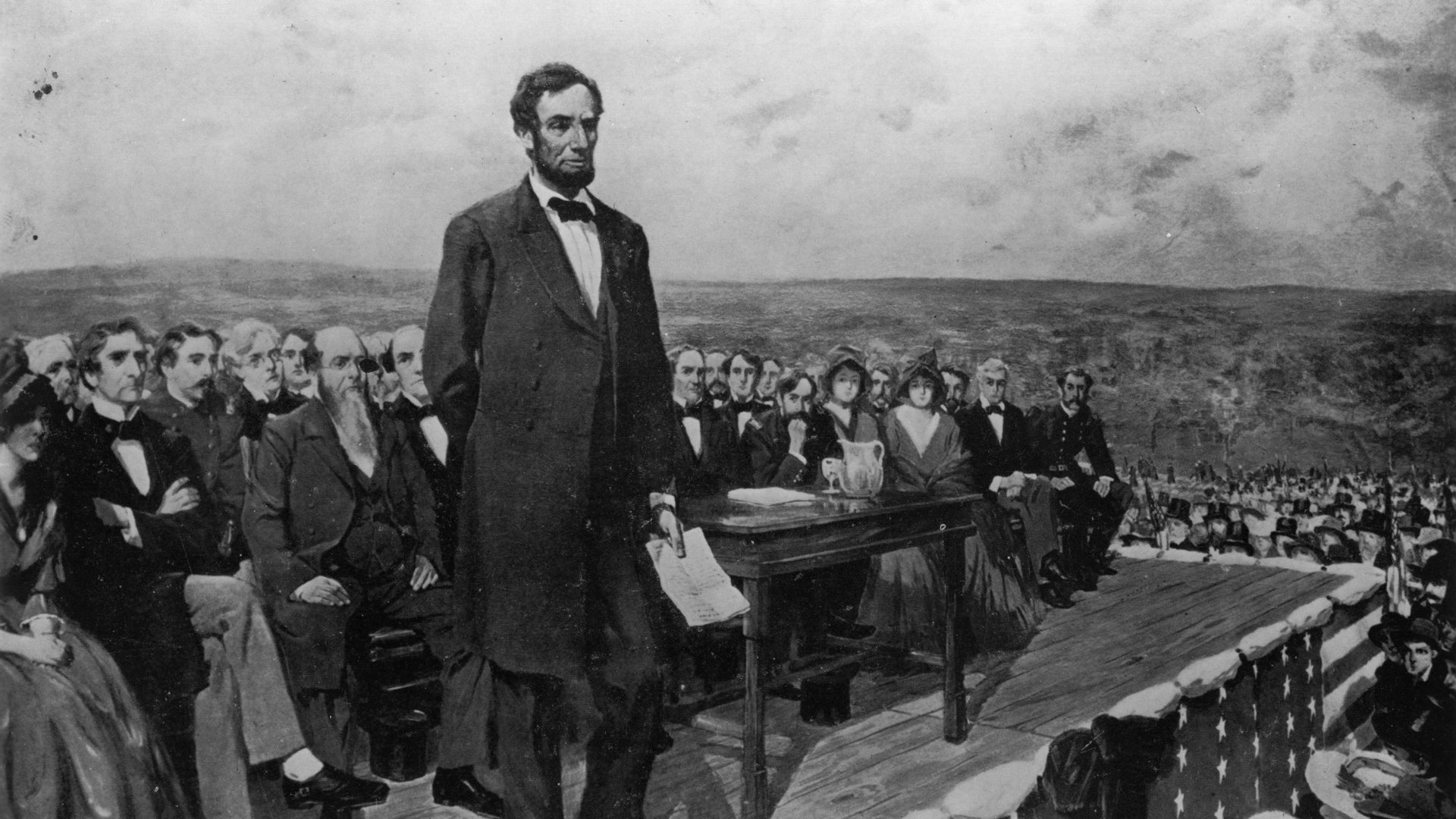Understanding the Phrase "Four Score and Seven Years": Exploring its Meaning and Historical Significance
The phrase "four score and seven years" holds a unique place in the history and culture of the United States. Uttered by Abraham Lincoln in his Gettysburg Address, this enigmatic expression has sparked curiosity and debate over the years. In this article, we delve into the origins, meaning, and historical significance of the phrase while shedding light on its modern-day relevance.
I. Origins of the Phrase:
The phrase "four score and seven years" originates from the opening words of Abraham Lincoln's Gettysburg Address. Delivered on November 19, 1863, during the American Civil War, Lincoln's speech sought to honor the soldiers who had perished in the Battle of Gettysburg. The phrase itself is an example of historical terminology, where "score" refers to twenty years, making "four score and seven years" equal to eighty-seven years.

Origins of the Phrase
II. Interpretations and Meaning:
While the literal interpretation of the phrase is straightforward, its symbolic significance runs much deeper. In the context of the Gettysburg Address, Lincoln used the phrase to refer to the eighty-seven years that had passed since the signing of the Declaration of Independence in 1776. He aimed to emphasize the enduring principles of liberty and equality on which the nation was founded.
III. Historical Significance:
The Gettysburg Address, with its iconic phrase, marked a pivotal moment in American history. It was delivered at a time when the nation was deeply divided by the Civil War, a conflict centered on issues of slavery and states' rights. Lincoln's address sought to reiterate the principles of unity, freedom, and equality, rallying the nation toward a common purpose and shared values.
IV. Modern Interpretations:
The phrase "four score and seven years" continues to resonate in modern times. It serves as a reminder of the enduring ideals that define a nation and the importance of preserving unity, even in the face of adversity. In contemporary discourse, the phrase can be found in discussions about historical context, presidential speeches, and civic education.
V. Educational Impact:
The Gettysburg Address, including the memorable phrase, is often studied in classrooms across the United States. Students learn about its historical context, rhetorical techniques, and the values it conveys. By examining Lincoln's words, educators aim to foster a deeper understanding of American history and the principles that underpin the nation's identity.

The Gettysburg Address
VI. Rhetorical Excellence:
Abraham Lincoln's use of the phrase "four score and seven years" exemplifies his skill as an orator. The concise yet powerful wording of the phrase captures the essence of time, history, and the nation's purpose. This rhetorical excellence is a testament to Lincoln's ability to convey complex ideas with brevity and emotional resonance.
VII. Continued Relevance:
As the United States continues to navigate challenges and changes, the ideals encapsulated in the phrase remain relevant. Discussions about equality, freedom, and the nation's trajectory often reference these enduring principles. The phrase acts as a touchstone, reminding citizens of their shared past and the ongoing pursuit of a more perfect union.
VIII. Conclusion:
The phrase "four score and seven years" is far more than a simple measurement of time; it encapsulates the spirit of a nation's journey. From its origins in the Gettysburg Address to its continued resonance in the present day, this phrase serves as a beacon of unity and a reminder of the values that shape the United States. Understanding its meaning and historical significance enriches our appreciation of both the past and the future.